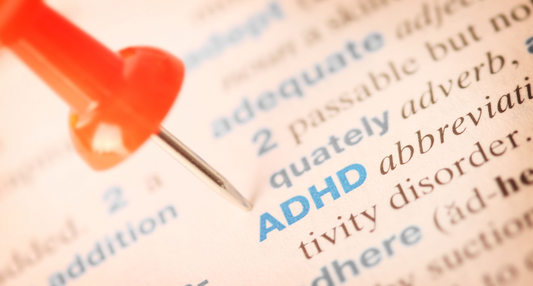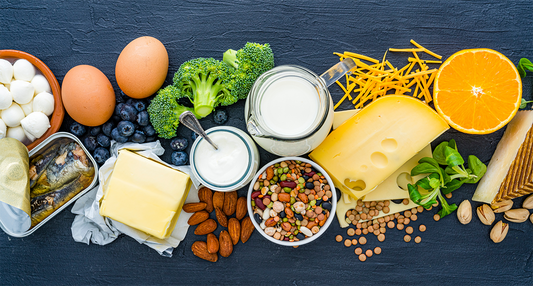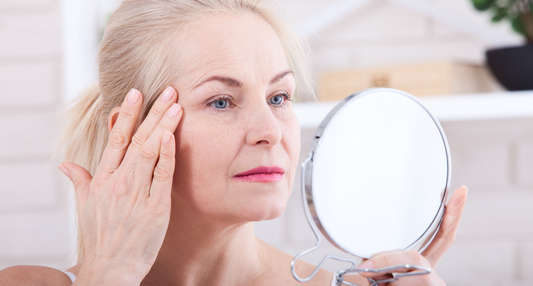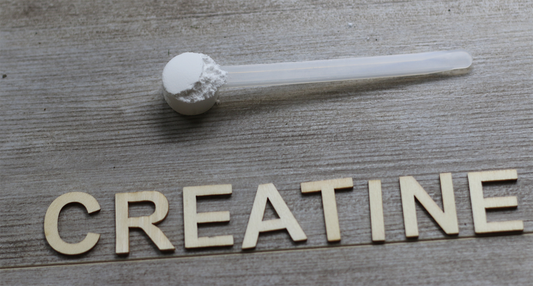Changes In Body Composition Associated With Menopause
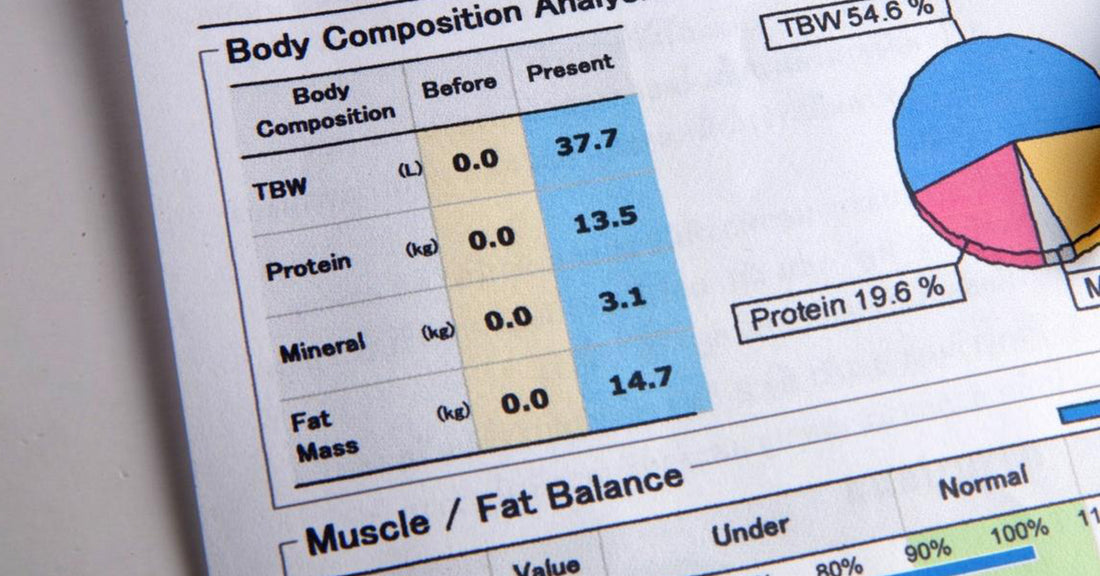
Share
Among the many symptoms women experience as they move into perimenopause and through menopause is fat gain and muscle loss. New stubborn belly fat that appears during early menopause and refuses to budge is one of the most common complaints I hear from patients. During annual exams, it was common for a patient to grab her midsection and ask me, “where did this come from? I am not doing ANYTHING different.”
A 2019 study that investigated these issues found that at the beginning of the menopause transition, the rate of fat gain basically doubled from the time period prior to menopause.1
Research has confirmed that during a 3.5-year menopause transition (about 2 years before the final menstrual period and 1.5 years after), there is an average weight gain of about 3.5 lbs (1.6 kg), or a 6% increase in body weight.
At the same time, there was a decrease in lean mass, albeit less dramatic than the weight gain. Over this 3.5 years, women lost an average of 0.4 lbs (0.2 kg) of muscle, or about 0.5% of muscle mass.
During the transition to menopause, a woman’s metabolism and body composition can change dramatically. For most, the waist circumference begins to grow. Falling estrogen levels cause changes in the amount of energy used at rest and during the day.4
The good news? The fat gain and muscle loss experienced during menopause essentially stops around two years after the final menstrual period. That doesn’t mean that the weight gained just melts off or that the lost muscle mysteriously reappears, but there are steps you can take to encourage fat loss and muscle gains!
More On Muscle Loss
Muscle loss is a health risk. The gradual loss of muscle mass, strength and function, referred to as sarcopenia, is a common condition that is progressive and can result in falls, fractures, physical disability, and even premature death. The amount of muscle mass we have also defines our basal metabolic rate – or the rate at which we burn calories at rest. So it makes sense, even with no changes in our diet, we tend to gain fat as we lose muscle because we are simply burning less calories every day.
One may not feel a 0.4-lb loss in muscle mass, but it can be the start of a slippery slope that robs women of their vitality later in life.
What are the risk factors for muscle loss? Besides the hormonal changes seen in menopause (primarily the decrease in estrogen), low protein and vitamin D intake, along with low physical activity, increase the likelihood of muscle loss.2
Another evidence-based means of preventing and treating sarcopenia in postmenopausal women is hormone replacement therapy (HRT). The available literature demonstrates that HRT—when combined with exercise—has a significant beneficial effect on skeletal muscle mass, strength, and protection from damage in older women.3
What Can Women Do About Menopausal Weight Gain And Muscle Loss?
First, understand that there are things you can do to slow weight gain and maintain muscle mass! It’s not inevitable and it’s not hopeless.
We have lots of resources providing safe, effective, evidence-based advice, available in The Pause Blog section of our website that can help you combat menopausal weight gain and prevent or lose stubborn belly fat,
Adopting an anti-inflammatory approach to nutrition and healthy lifestyle changes, as outlined in The Galveston Diet program (and our bestselling book, The Galveston Diet), can help you tackle unwanted mid-life body composition changes.
Making sure that you are eating adequate amounts of high quality protein and performing consistent resistance training are the keys to keeping healthy muscle.
If you are unsure whether your current diet is inflammatory or not, check your Daily Inflammation Score here. This quick quiz will help you determine your relative degree of inflammation for the past 24 hours and can help you identify changes you can make to increase your score!





